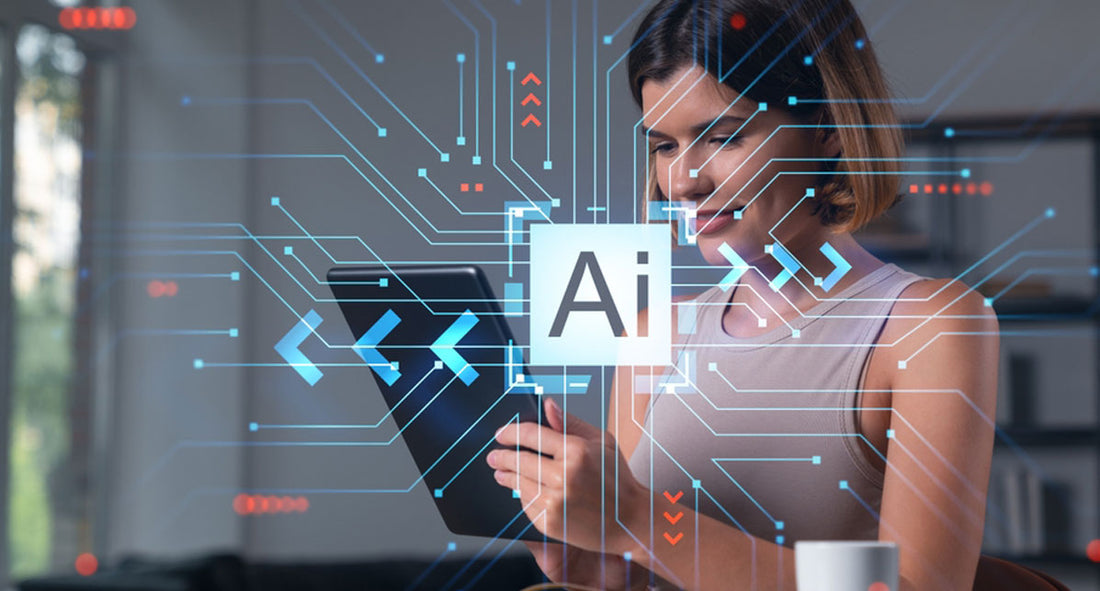AI Job Shift: Navigating the Changing Workplace
Priya SharmaAI is transforming jobs, not just replacing them, requiring workers to adapt and learn new skills for the future.

The rise of artificial intelligence is reshaping the job market, prompting both excitement and anxiety about the future of work. While some fear widespread job losses, experts suggest a more nuanced reality: AI is likely to transform jobs, requiring adaptation and new skills, rather than causing mass unemployment.
Understanding these shifts is crucial for workers and businesses alike to prepare for the evolving demands of the AI-driven economy.
Highlights
- AI is transforming jobs, requiring adaptation and new skills.
- Some jobs will be automated, but AI will also create new roles.
- Continuous learning and upskilling are essential for workers.
Read More: Xbox to be like Office: Everywhere, says Nadella
Top 5 Key Insights
• AI Boosts Productivity: AI is expected to significantly increase labor productivity, leading to efficiency gains across various industries. This means businesses can achieve more with the same resources, potentially impacting hiring decisions.
• Job Roles are Evolving: While some routine tasks will be automated, AI is also creating new roles in areas like AI development, data analysis, and AI maintenance. Workers need to focus on developing skills that complement AI, such as critical thinking and complex problem-solving.
• Adaptability is Key: The ability to adapt to new technologies and learn new skills will be crucial for workers to remain competitive in the AI-driven job market. Continuous learning and upskilling programs will become increasingly important.
• Certain Sectors are More Resilient: Industries like healthcare, education, and skilled trades are expected to be less affected by AI-driven automation due to the need for human interaction and specialized skills. These sectors may offer more stable employment opportunities.
• Strategic Retraining is Essential: To mitigate potential job displacement, governments and businesses should invest in retraining programs to help workers acquire the skills needed for new AI-related roles. This will ensure a smoother transition and minimize the negative impacts of automation.
Read More: Jessica Alba's Net Worth: Acting, Business & Real Estate
Expert Insights
Ray Dalio, Founder of Bridgewater Hedge Fund: "The economy's future hinges on balancing AI's power with human potential. Those who prepare now will shape the world of tomorrow".
Read More: Beyoncé's Net Worth Rises, Driven by Tour
Wrap Up
The integration of AI into the workplace presents both challenges and opportunities. By embracing continuous learning, focusing on uniquely human skills, and strategically adapting to the changing demands, individuals and organizations can successfully navigate the AI job shift and thrive in the future of work.
Read More: Chegg Cuts Staff, CEO Replaced Amid AI Disruption
Author
Priya Sharma - A certified lifestyle coach and career development expert based in Bangalore, India. She provides practical advice on personal growth, productivity, and career navigation relevant to the Indian context for Enlightnr.
More to Explore
- Choosing a selection results in a full page refresh.
- Opens in a new window.




